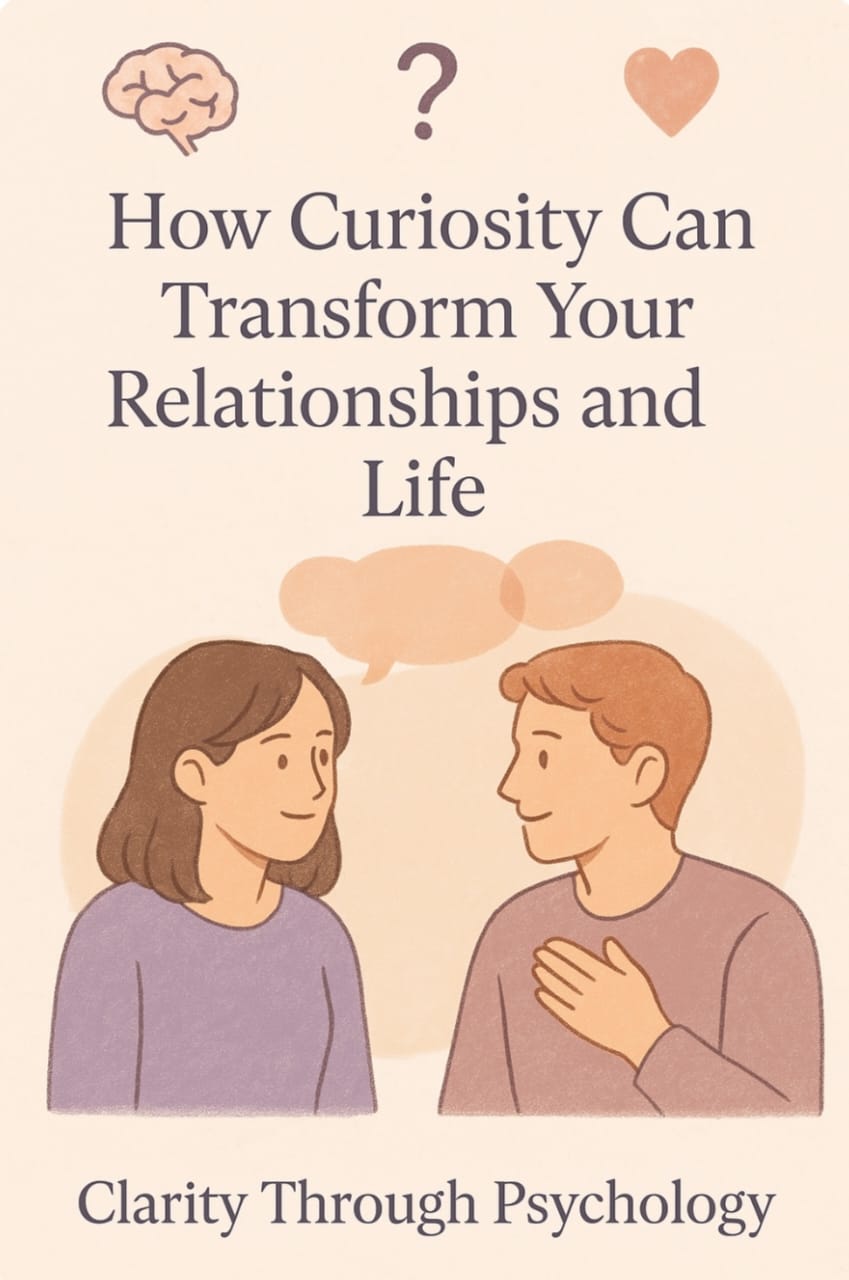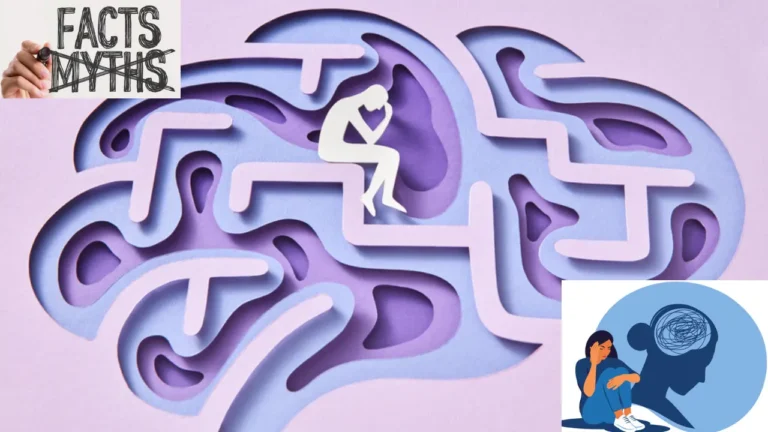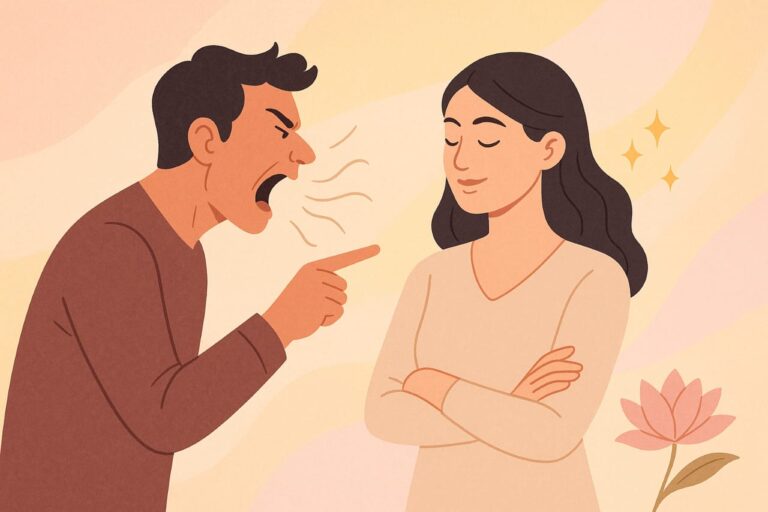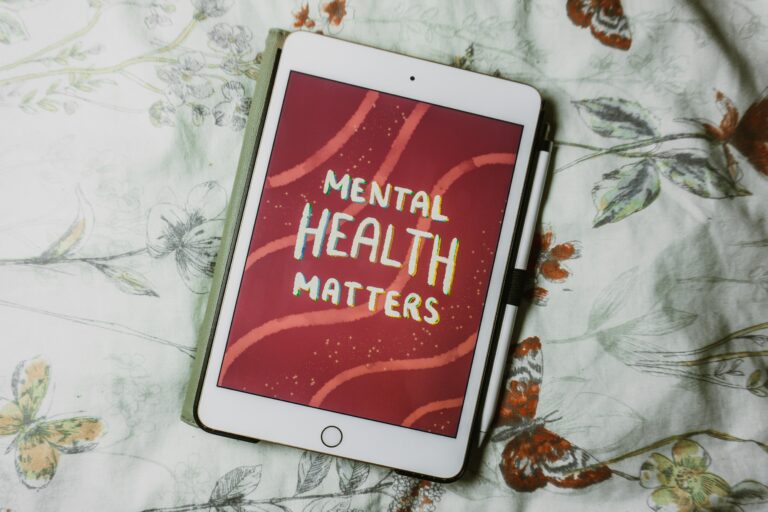The Power of Curiosity: How Being Curious Can Transform Your Life & Relationships
The benefits of curiosity in relationships go far beyond surface level connection, they build emotional intimacy and understanding Curiosity is often celebrated for fueling creativity and innovation—but its power goes far beyond that. It plays a major role in how we connect with others, how we handle stress, and even how likable we are in social situations. When practiced mindfully, curiosity can be a life-changing mindset.
This blog explores how being curious benefits various areas of life—from strengthening relationships to building emotional resilience—supported by psychological research.
Curiosity Makes You More Likeable
Think about how it feels when someone truly wants to know more about your thoughts, feelings, or life experiences. It feels warm, validating, and comforting, right?
According to a study published in the Journal of Personality and Social Psychology, individuals who asked thoughtful, open-ended questions during conversations were perceived as more likeable. This is because curiosity signals genuine interest and active listening, making the other person feel seen and heard.
We are social beings, and one of our deepest desires is to be understood. When someone shows sincere curiosity, it meets this emotional need—making them instantly more approachable and pleasant to be around.
Curiosity Inspires More Curiosity (And Builds Trust)
Curiosity has a ripple effect. When you show interest in someone’s beliefs or experiences, they’re more likely to do the same for you.
A study from Harvard Business School highlighted how people become more open to new perspectives when they feel genuinely heard. In simple terms: if you want someone to be open to your ideas, first be curious about theirs.
This mutual curiosity fosters trust, reduces misunderstandings, and creates a safe space for authentic conversations—whether you’re leading a team, resolving conflict, or building a friendship.
Curiosity Builds Empathy and Emotional Connection
Curiosity isn’t just about asking questions—it’s about caring enough to understand.
Research from the Well-Being Lab at George Mason University, led by psychologist Todd Kashdan, suggests that when people approach others with curiosity, they’re more likely to develop empathy. It helps individuals explore someone else’s inner world—why they think a certain way, or what led to their emotional state.
This mindset helps us suspend judgment and form deeper emotional connections. When we ask “Why does this person feel this way?” instead of jumping to conclusions, we create space for meaningful understanding—even with people from different backgrounds or perspectives.
Curiosity Makes You Emotionally Resilient
Curiosity also enhances psychological flexibility—the ability to adapt your thoughts and behaviors in the face of challenges. When we’re curious about our emotional reactions rather than avoiding them, we become better at handling stress. Curious people tend to ask:
“Why am I feeling this way?”
“What can I learn from this situation?”
This reflective approach allows for deeper self-awareness, helping us reframe adversity and find growth in difficult experiences. Over time, curiosity becomes a key emotional strength that promotes adaptability, clarity, and resilience.
Curiosity Is a Choice You Can Make Every Day
The truth is, curiosity isn’t always natural—especially in moments of disagreement or stress. We often rush to defend our opinions rather than explore someone else’s.
But curiosity is a conscious choice. The more we practice it, the more natural it becomes. When you feel stuck, frustrated, or disconnected, try asking yourself these curiosity prompts:
Curiosity Sparks You Can Try
What might I be missing?
How else could someone interpret this situation?
What might they be feeling right now?
How can I learn something new here?
Even a small dose of curiosity can lead to big emotional breakthroughs. When we approach our relationships or personal struggles with genuine curiosity — even for a moment — we shift from judgment to understanding. Instead of reacting with assumptions or defensiveness, curiosity gently invites us to ask “Why is this happening?” or “What might they be feeling?” This small mental shift can uncover hidden emotions, unmet needs, or misunderstood intentions that otherwise stay buried. Over time, these tiny sparks of inquiry create space for healing, emotional clarity, and deeper connection — both with others and ourselves. It’s often not about having all the answers, but about being open enough to ask the right questions.
Conclusion: The Quiet Power of Being Curious
Curiosity may seem like a soft skill, but it has a strong and lasting impact on your personal growth, emotional intelligence, and relationships. It’s the bridge between misunderstanding and connection, resistance and growth.
By choosing curiosity—especially in difficult moments—you invite openness, clarity, and empathy into your life. And that’s a powerful step toward deeper relationships and inner happiness.
Let’s Keep Growing Together
Even a brief moment of genuine curiosity can unlock significant emotional insight. It allows us to step back from reactive thinking, explore deeper motivations—ours and others’—and respond with greater empathy and clarity. Over time, this subtle habit fosters emotional resilience, strengthens communication, and deepens human connection. For research-based psychological insights and practical tools for everyday life, stay connected with Clarity Through Psychology.
Read This Also: https://claritythroughpsychology.com/misconceptions-about-mental-health-myths-vs-facts/






